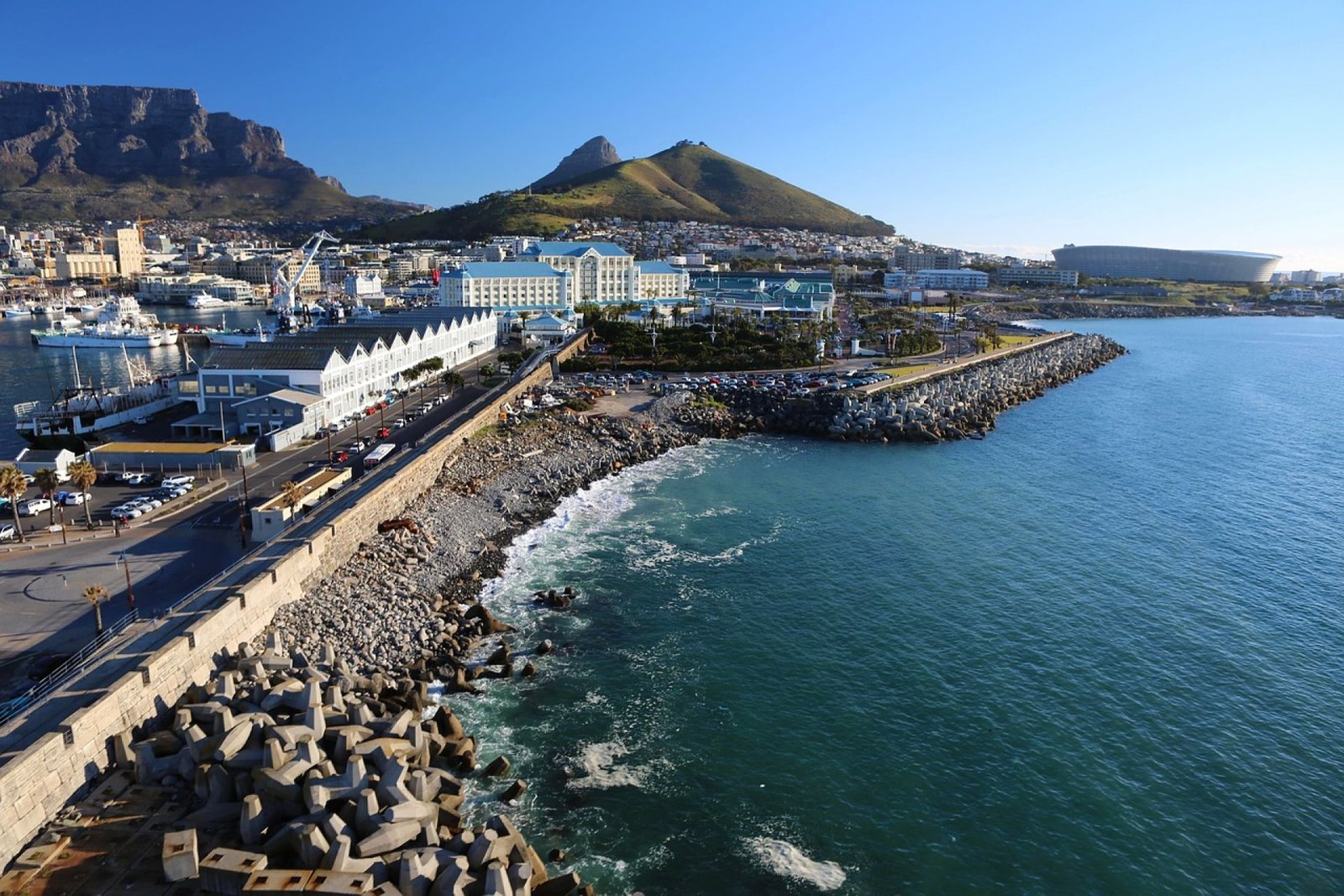The Ultimate Guide to Visiting Cape Town
The Ultimate Guide to Visiting Cape Town

Ideal Times to Visit Cape Town
The city of Cape Town is an all year round destination because it has a Mediterranean climate. The months of summer (December-February) are characterized by hot and dry weather. Vibrant flowers cover the Western Cape between late August and September. On the other hand, the month of February is warm but it brings about strong south-easterly winds referred to as the Cape Doctor that impact on sea conditions and Table Mountain weather. March offers mild autumn foliage with comfortable temperatures. When winter comes, visitors should be ready with umbrellas as well as waterproof clothes since showers usually occur frequently.
Navigating Cape Town
Several major airlines from Europe such as KLM, Emirates, Virgin Atlantic, South African Airways provide nonstop flights to Cape Town. Meanwhile others require connecting in Johannesburg where customs clearance and rechecking baggage takes at least two hours. This airport lies 20 km east ward from city centre of Capetown International Airport.
Transportation choices include MyCiti Bus rental vehicles or metered cabs costing somewhere between R300-R400 ($21-$28).

Locals and Transportation
Locals are usual drivers in Cape Town, which is a highly walkable city. Short-term visitors will find the City Bowl area surrounded by Table Mountain ideal. For longer periods, explore the suburbs and the Cape Peninsula. Hout Bay can be accessed with cars while Kalk Bay offers train rides with beautiful views of the coastline. Most business premises, hotels, and drinking joints can be found around Long Street and V&A Waterfront. Walking is generally safe if quieter on weekends; stick to main roads. There are also increasing bicycle paths going through the city. Public transport services that carry people from one place to another within various parts of Cape Town like suburban townships as well as central business district (CBD) are safe during daytime especially during rush hours.
Minibus taxis provide an affordable but cramped way for traveling between Southern Suburbs and City Bowl together with Golden Arrow buses alongside them. First class and third class MetroRail trains don’t differ much with respect to comfort provided although they vary in terms of fare prices.
Rental car driving demand left-side orientation. Make certain you park at secure areas and avoid leaving any desirable stuffs seen from outside your vehicle. Care guards are frequently present in parking lots so keep small change ready for tipping (up to R10, around 70 cents).
Must-See Attractions in Cape Town
The impoverished slums of Cape Town are etched into memory while people have a genuine interest about township life here. Sensitive tours should be booked via responsible operators employing local guides for more rewarding trips. Simon's Town, located outside of Cape Town’s harbor, served as an entry point for slaves who were often sold to Dutch settlers.
Cape Town’s Culinary Scene
Cape Town is known as the gastronomic capital of South Africa, bringing together many influences. Try local favorites such as succulent Karoo lamb, bobotie (spiced minced meat), and potjiekos (stew). Have boerewors sausages at a braai during social events. Must-taste puddings include malva pudding and melktert. Locals, however, prefer biltong which is dried spiced beef. Craft beer is booming but Amarula liquor is also worth tasting in a springbok shooter.
The Culture of Cape Town
Politics to design plus sports make up one of the most diverse cultures in Cape Town. The District Six Museum, named after a destroyed community, displays how apartheid influenced this community. For visitors willing to take a ferry ride to Robben Island, they will be guided by ex-inmates who show them Nelson Mandela’s prison cell. A visit to the Bo-Kaap township with its colored houses brings you closer to Cape Malay culture. Die-hard supporters can go for an Ajax Cape Town football match at Green Point Stadium or watch cricket and rugby matches at Newlands Stadium in Cape Town.
Many things to do, mostly not in the cold months (June to September). Fun for all include the Sea Crew Show (April) and Hermanus Whale Day (September). Big sports like the Two Seas Run (Easter) and Cape Bike Race (March) draw crowds. Food and wine parties in the grape lands when grapes are picked (from February) draw lots. Music shows like Oppikoppi (August), Rocking the Daisies (September to October), and Afrikaburn in the Karoo dust are big too.
During the Christmas season, things move slow. Get your Robben Island boat tickets early. Table Mountain has a deal - half off after the sun goes down in summer. Stick to visiting three wine spots a day so it’s not too much.
Cape Town is full of great food, cool events, and fun travels for anyone.
